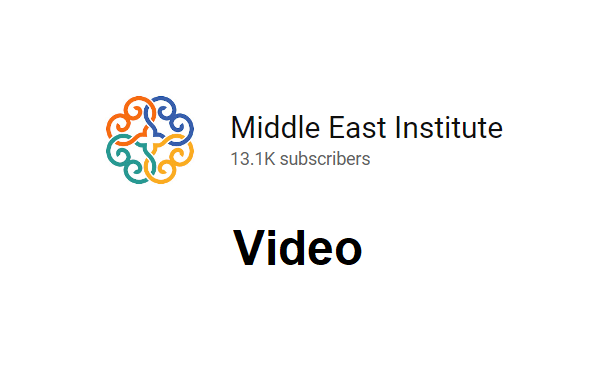
A panel discussion looks into the use of special operations forces to conduct partner operations in the Middle East. This panel examines the use of SOF in the Middle East – past and future. It reveals how SOF operated alongside local forces in Iraq, Syria, and elsewhere. Some of the topics addressed in this one-hour presentation include building CT and COIN capabilities of indigenous special forces, challenges of this approach to the U.S., and what lessons can be learned from the anti-ISIS fight.
The panelists are:
- General (Ret.) Joseph Votel, former commander of JSOC, USSOCOM, and CENTCOM
- Lt. Gen. (Ret) Michael Nagata, former commander of SOCCENT
- LTC Katie Crombe, Director of Strategy and Plans, USSOCOM
Some, but not all of the topics discussed by the panelists include:
Is SOF the Easy Button? Policy makers turn to SOF to advance U.S. interests. SOF operators look forward to solving ‘wicked problems’ associated with partner operations; and they want to continue to engage in these efforts. However, the strain on the force has become evident over the years. There are a lot of negative problems associated with continuous deployments. Policy makers must examine the other non-military ways to build partner relationships – without always turning to SOF.
Values vs. Interests. There is classic tension of protecting U.S. values and protecting U.S. interests; sometimes you can’t have both. It is a balancing act when interacting with our partners and partnership building. We can’t only work with ‘nice people’. A current case of this balancing problem is our relationship with Saudi Arabia.
127e Programs. This somewhat ‘obscure’ program is extremely important in advancing U.S. interests across the region and in fighting terrorism. The 127e programs can sometimes be, unwisely, a fast and easy solution for policy and decision makers. Where these programs are long-term, very significant gains and goals are achieved – as in the relationship and support of Iraqi SOF in the fight against ISIS after 2014.
Long-term Engagement. The use of SOF in the Middle East pays great dividends if used continuously over time. This is born out in the relationships built and nurtured over the past decades. Examples are the employment of the 10th Special Forces Group assisting the Kurds during Operation Provide Comfort in 1991 and the establishment of the Iraqi Counter Terrorism Task Force (ICTF) in late 2003. The ability to impart SOF culture (processes, networking, leadership, and use of technology) to partner forces is enhanced when the relationships last years. Developing long-term relationships with partners improves the ability to have candid discussions with them and advance U.S. interests.
Terrorist Threat in ME Remains. There still is a terrorist threat in the Middle East. Fighting terrorists requires highly trained counter-terrorist units. U.S. SOF remains the best ‘solution’ for assisting partner and allied nations in the development of these indigenous SOF units.
SOF Use in Times of Peace. Partner relationship building is important during conflicts as well as during times of peace. Trust is built over time with continuous engagement. The U.S. will need partner forces far into the future; especially given the competition for influence by near peer adversaries. The days of partner SOF relying exclusively on U.S. technology, firepower, ISR, and other capabilities have gone by. Partner SOF units are much more capable, have access to technology, ISR (especially drones), and other potential benefactors (Russia, China, etc.). There is the possibility that U.S. SOF can be ‘displaced’ in the Middle East, as well as in other regions of the world, by SOF of near-peer adversaries.
The topics above, and more, are discussed by the panelists in this informative and interesting event. Watching and listening to this panel is one hour well worth spent.
By, With and Through Partner Special Forces in the Middle East, Middle East Institute, November 8, 2022, YouTube, one hour.
https://www.youtube.com/watch?v=5V_QtvLjvRU